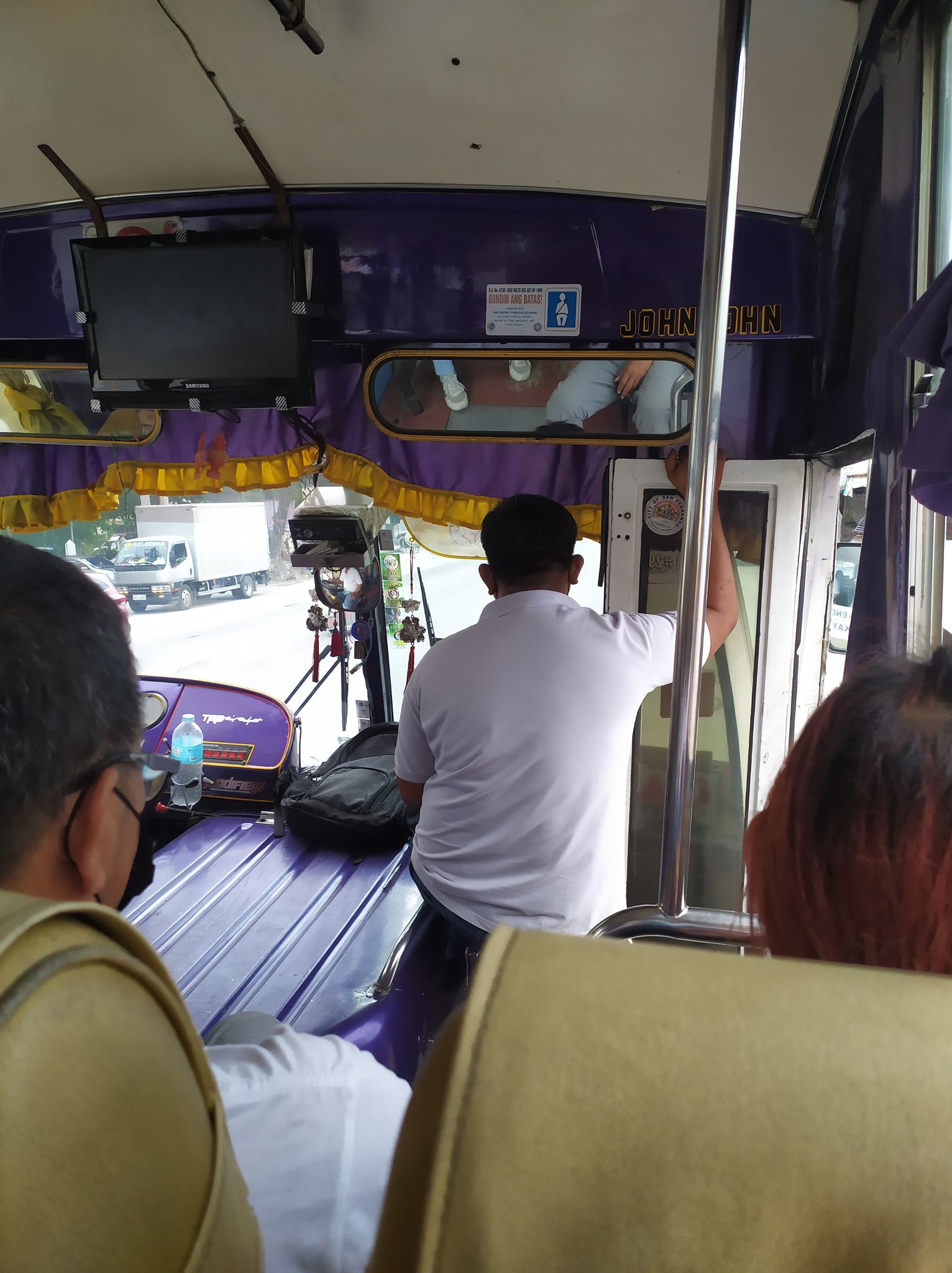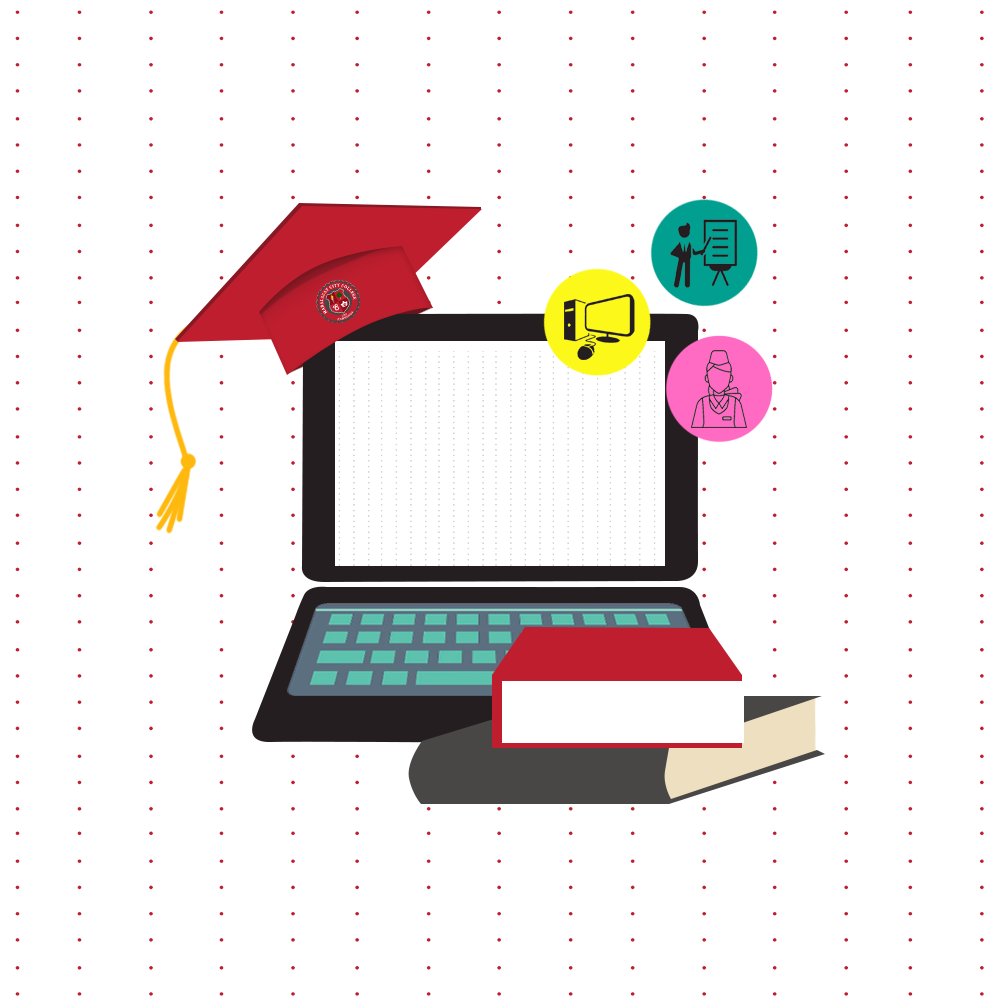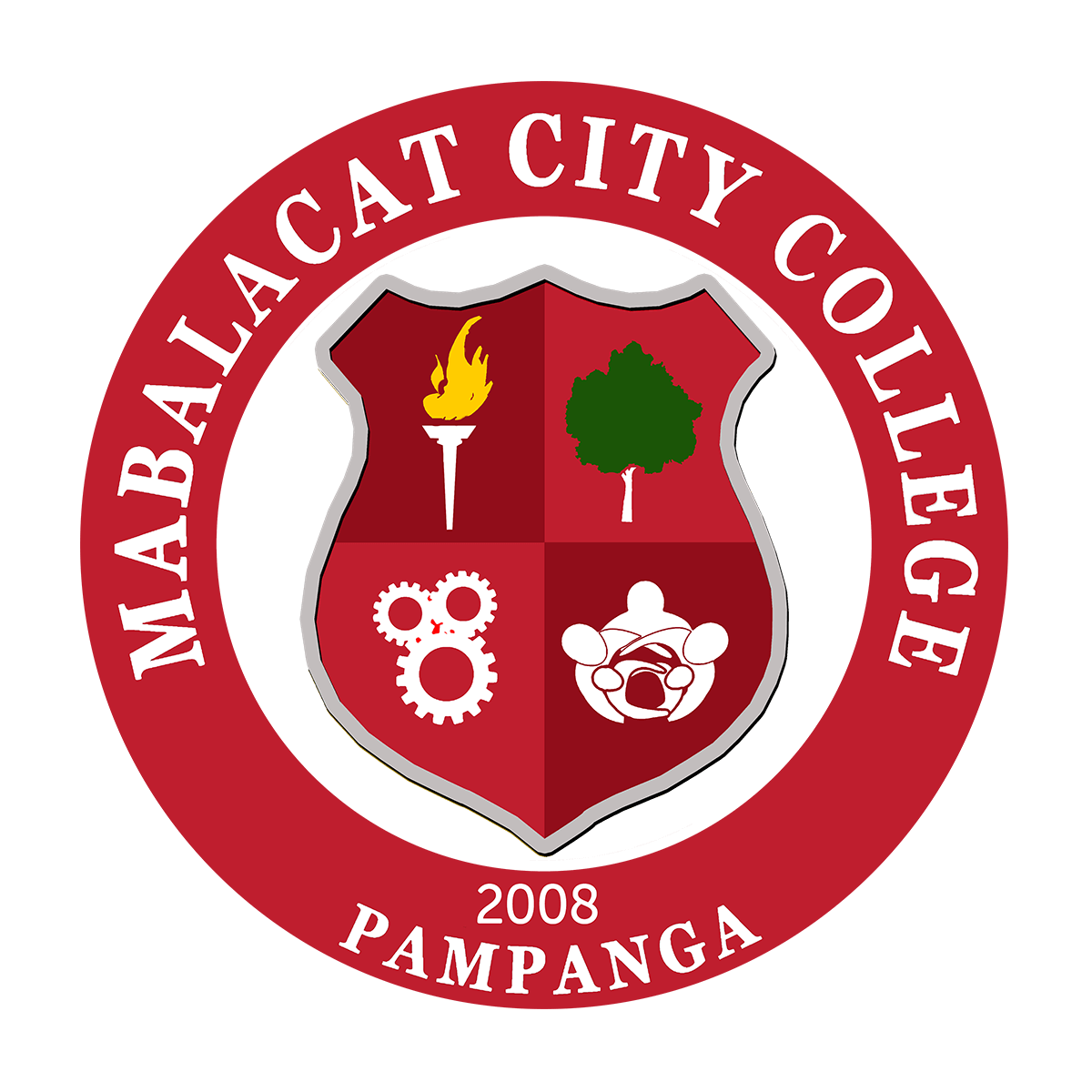We know that sociology is the study of the relationships of humans with institutions. It studies the intricate relationships between different aspects of life, like the dynamics of the home and family, the ways people hold on to their religious beliefs, the dynamism and function of social classes, and the ways culture affects and influences the behavior of its members. Education, on the other hand, is the enlightenment that comes out of the process of giving and/or receiving instruction by someone knowledgeable. Hence, education may occur in any society where its population exists. Education and sociology are intricately interwoven because education is a process of a society that is both relevant and dynamic. Society is the one that makes schools (thus creating education) and, in turn, the schools shape and form society. Education becomes both the cause and result of the society that creates it. For many years, this intimate relationship between education and society has been the focus of many educators, policy makers, and governments, with the goal of individual and collective progress and development. In the right social environment, individuals can thrive with the support of proper education, which in turn aids in the creation of solutions to numerous social ills.
The term sociology is derived from the Latin word socius, which means "social or being with others," and the Greek word "logos," which means study. Hence, sociology is the systematic study of society or social beings. The focus of sociology is not just the people that it studies, but the interaction of individuals and groups. In a broader sense, society, as it exists within and among human beings, has the power to articulate consciousness. Individuals living in a society rely on it for their self-preservation, growth, and development. Conversely, it is also the same society that acts as the selective agent that determines which of the possibilities will be allowed to develop, depending on the values and ethics it upholds for its members. Individuals' interaction with social groups and situations modifies their original tendencies, coordinating and shaping them further into individualities and the norms of society. Sociology thus attempts to explain interpersonal and group relationships and the by-products of their existence. It defines individuals' social, occupational, religious, or, in most cases, political groups in the state in which they belong. It identifies and investigates various social changes that occur within group life and analyzes the different interaction processes such as cooperation, conflict, competition, assimilation, and accommodation. Education in society investigates the processes of social change and how it controls the individuals in it, thereby delving into various social issues such as culture, civilization, poverty, crime, juvenile delinquency, and other social maladies in order to find solutions for them.
In the book International Encyclopedia of the Social and Behavioral Sciences by Saha (2015), educational sociology is an interaction between an individual and society, and thus focuses on factors and forces that both cause and are caused by education. These factors include equality on gender issues, ethnicity, social class, and the like. Education and sociology combined tackle relevant social issues like inequality amongst students of different genders, social status, religious affiliations, violence, and bullying. Hence the dynamism and reconstructionist approach to the subject. As Emile Durkheim posits, "Sociology is a dynamic, ever-changing process rather than a static phenomenon". Education acts as a catalyst that serves to fulfill the socio-cultural needs of a society. As such, education itself must evolve and change based on the needs of the people. As John Dewey highlights, individual socialization has implications for education. He stated that the participation of an individual in the societal process contributes to the development of the educational process. The school functions as a social institution which helps mold and refine the individual living in society.
Truly, the sociological underpinnings of education cannot be over-emphasized since sociology affects education and education affects sociology. Specific sociological factors influence curricular formation: societal expectations, ethics, values, taboos, traditions, and cultural beliefs. All the members of the society are stakeholders who carry with them different backgrounds that enrich the development of the society through their interactions with the school and the educative process. Any school curriculum worth its salt, therefore, responds to the societal pressures, trends, and expectations. Otherwise, it is useless and only pays lip service to the goals that it purports to achieve for its learners.
Ultimately, one of the goals of sociology and education is to shape individuals by imbuing them with acceptable social ideals and actions that form the norms of society. By instilling these ideals and values in them, the individual becomes a more active, responsive, and responsible citizen. Because of the interconnection between education and its influence on sociology, its ultimate goal is to complete the development of the individual for them to become an ideal member of society.
References:
Form, W. (n.d.). Encyclopedia Britannica, Sociology [online]. Available from: https://www.britannica.com/topic/sociology (Retrieved July 9, 2022)
Saha, L.J. (2015). Educational Sociology. International Encyclopedia of the Social & Behavioral Sciences (2). 289-296. https://doi.org/10.1016/B978-0-08-097086-8.92067-1
About the Authors:
Karlo Tolentino has a Bachelor's Degree in Social Studies from Holy Angel University and a Master's Degree in Social Studies from Wesleyan University-Philippines. He is currently taking his doctorate in Social Studies Education at the University of the Philippines—Diliman. Mr. Tolentino currently holds an Instructor III position at Mabalacat City College, teaching Sociology and other Social Sciences courses.
Michael Mesa has a Bachelor’s Degree in Elementary Education with a Major in English from Republic Central Colleges, a Master’s Degree in Basic Education Teaching and Supervision from Ateneo De Manila University, a Master’s Degree in Educational Administration from Grand Canyon University in Arizona, USA, and a Doctor of Philosophy in Educational Management from Holy Angel University. Dr. Mesa is currently the Vice-President for Academic Affairs, holding an Assistant Professor IV position at Mabalacat City College, teaching professional courses in the School of Teacher Education.


_1658307012.jpg)




